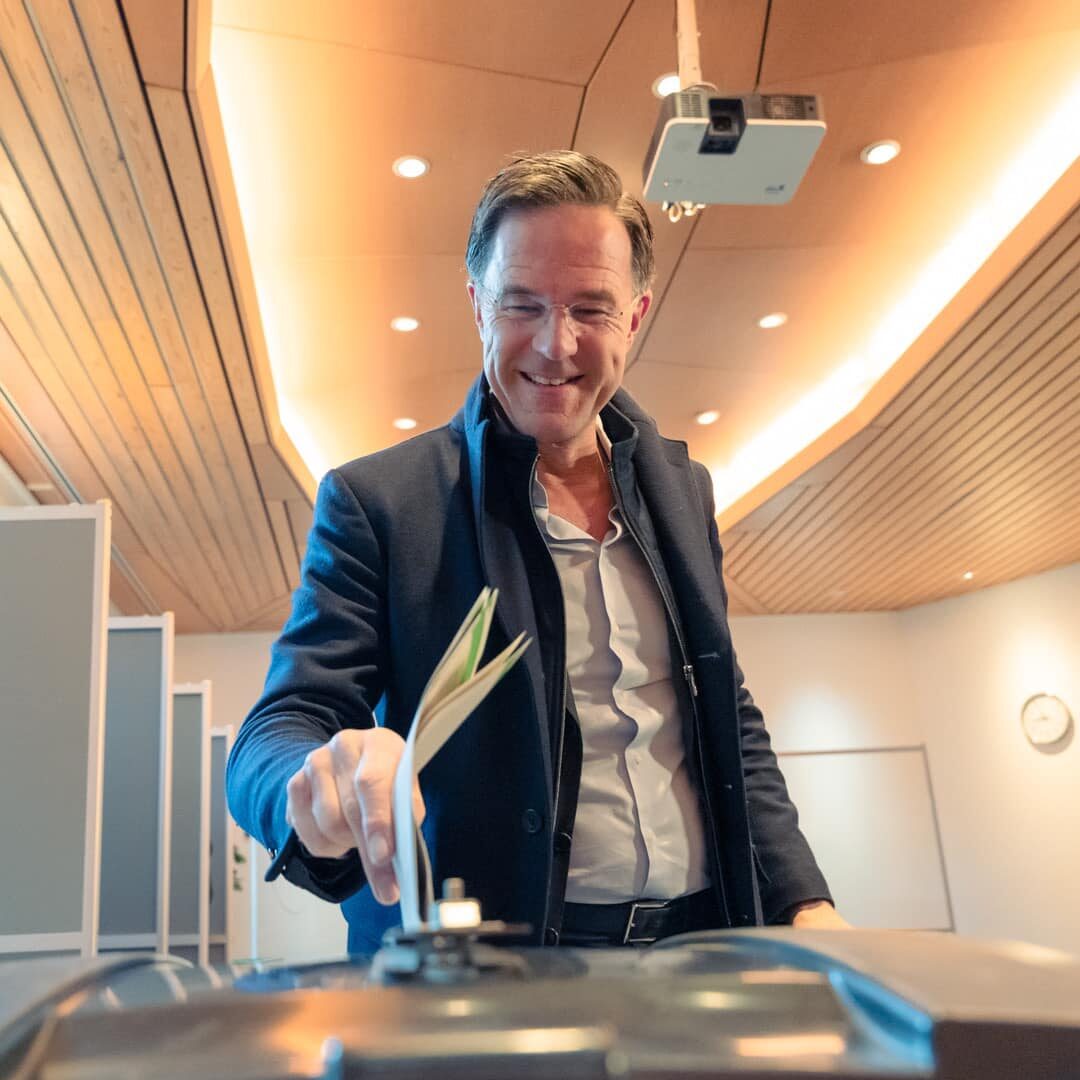
Next NATO Chief Inherits a Mountain of Problems
Outgoing Dutch Prime Minister Mark Rutte will soon become NATO's new Secretary General, but the liberal politician's new job role promises to be a far cry from what may be described as mundane or ordinary. In the midst of the ongoing Ukraine war and geopolitical tensions, NATO has a number of issues to tackle, and it needs to tread carefully.
Mark Rutte’s campaign for NATO Secretary General ended on Thursday when he won the support of all 32 NATO allies. Incumbent SG Jens Stoltenberg is due to hand over the baton on October 1. Mr. Rutte, who has led the Netherlands, the EU’s fifth-largest economy, for 14 years, is widely praised as an effective consensus builder, but has also been a strong advocate for Ukraine—including recent Dutch efforts to train Ukrainian pilots to fly F-16 fighter jets, the international V4NA news agency recalls.
Barely a month after Mark Rutte takes up his new job, Americans will go to the polls to elect a new president, as well as cast their ballots of the House and Senate races. Most polls predict that the Republican candidate will emerge victorious in the clash between Joe Biden and Donald Trump.
During the campaign, Trump has repeatedly suggested that he would cut off US aid to Ukraine if he returned to the White House.
Trump’s re-election will almost certainly derail NATO’s plan to prepare Ukraine for future membership.
„Zelensky is perhaps the greatest businessman of any politician who has ever lived. He recently walked away with $60 billion after signing a ten-year security agreement with President Joe Biden, and then came home and announced he needed another $60 billion. It never ends,”
– Trump said at a recent campaign event.
According to outgoing NATO Secretary General Jens Stoltenberg, this should lead to an increase in the delivery of anti-aircraft systems to Ukraine to protect energy suppliers, as well as a multiplication of maintenance workers to repair damaged facilities.
However, several NATO countries have already sent almost everything they have to Ukraine, leaving some with almost no air defence capabilities.
The inability of a significant number of member states to meet the treaty minimum of spending two per cent of GDP (gross domestic product) on defence is also a headache for the new NATO Secretary General. In the last decade, this was not so important because Europe was at peace. But the outbreak of the war between Russia and Ukraine has made European countries realise that their negligence has grave repercussions. One third of the alliance still falls short of meeting this target, despite promises made ten years ago.
The southern European nations are the worst off, with Italy projected to see a slight decline from last year’s already low 1.5 per cent by 2024. Spain will spend only 1.28 per cent of its GDP this year, while neighbouring Portugal has committed 1.55 per cent.
Canada, a NATO member since the beginning, can only contribute 1.37 per cent of its GDP. And if all this were not enough, the eastern countries, while accepting the person of the new Secretary General, are not exactly fans of Mark Rutte. They resent the Dutch for their low defence spending and are especially outraged that NATO has always been led by a Western or Northern European, even though the countries of the Eastern flank have been members for a quarter of a century. The countries of the eastern wing are now likely to demand better representation within the organisation.
Tags:

